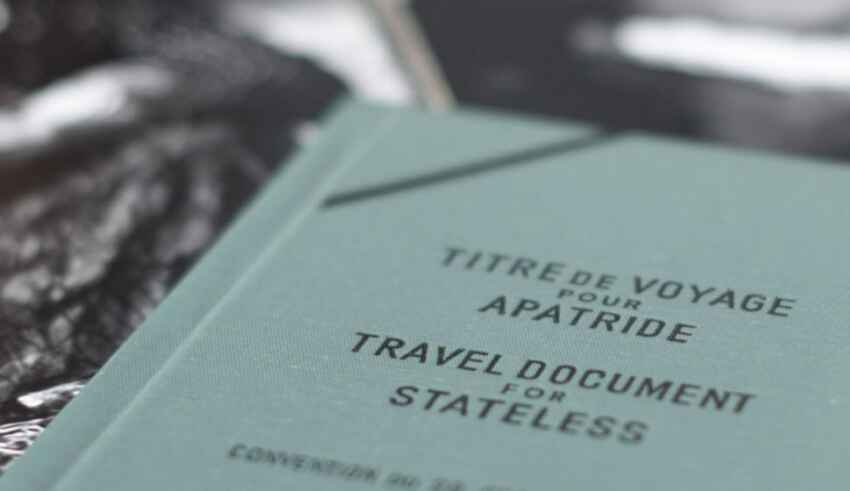
Under International law, the right of nationality is recognised in article 15 of the Universal Declaration of Human Rights (UDHR) of 1948, this grants nationality to all persons and eliminates the possibility of deprivation of nationality. This is a fundamental right that States must grant as a person without a nationality is regarded as stateless and unfortunately encounter multiple barriers in life. Often stateless persons are subject to human rights violations as they are not able to seek education, seek employment, get access to medical attention, and be unable to marry. States have the positive obligation to avoid statelessness and deprive someone of their nationality, this means that a person has a right to live in a state and that state cannot refuse them entry or deport them if they hold the nationality of the country.
Although, many find themselves with a stateless status, Shamima Begum has found herself stateless because the UK has stripped her from her citizenship. British citizenship is a type of British nationality as defined by the British Nationality Act 1981 and by being deprived of it a person is left stateless. Begum was born a British citizen, and in 2015 when she was 15 years of age, she left Britain to Syria with the objective of joining ISIS and becoming a bride to a member of the terrorist group. There have been suspicion on her being groomed and later trafficked to Syria for sexual exploitation, this has been deemed credible by the Human Rights Watch. As a consequence of her decision to leave, the former Home Secretary Sajid Javid stripped her of her UK citizenship. In the recent years she has been attempting to file for an appeal and this year of 2023, the Special Immigration Appeals Commission rejected her plea, meaning that she was denied the right of citizenship once again. The common reasoning has been that she could appeal for a Bangladeshi nationality but unfortunately this has been proven impossible with the reluctance of the Bangladeshi government with the justification that she has no social nor economical ties in the country and she does not speak the language. This gives the main responsibility to the UK system.
At the past years she has tried to appeal for a new decision and has not been accepted entry to the UK, this makes the process harder for Begum as she is stuck at a concentration camp in Northeast Syria. According to the International Convention of Civil and Political Rights Article 12(4), “no one shall be arbitrarily deprived of the right to enter his own country”, this means that the UK action is in violation of this convention. Moreover, in Section 40(4) of the British Nationality Act 1981[1] it explicitly says that states are not entitled to render anyone stateless, in fact acting in accordance with the Nationality Guidance on Deprivation and Nullity of British citizenship[2] the only form of deprivation would be for public good in which the individual would be associate with terrorist activities. However, Begum was a victim in the process, she was under aged, she was manipulated, she was exploited sexually, she gave birth to three children and lost them in her time in Syria. Her association should not be exploited as voluntary actions in contributing to terrorism.
The danger of this decision becomes alarming when one takes a moment to think about the increased risks of a stateless person, for example, in order for the UK to strip someone from their citizenship there needs to be evidence that the person will be able to become a national of another country. Hence, States should not be able to strip someone of their citizenship because this leaves them in a legal limbo with no legal status to fall back to. Furthermore, by having her stay in the concentration camp this increases the risks of many other British women who are also in the same camps to get a chance to leave northeast Syria.
Instead of granting Shamima Begum entry to the UK and handling her case as a criminal affair within the country, having her not face the repercussions of her action through a fair trial also becomes another violation of human rights. The thousands of women who are stuck in the concentration camps with their children are living through appalling conditions and inhumane treatment, prove that there is need for UK authorities to protect them. For cases such as these the right course of action would be taking the case to the ECtHR in order to have an international system protecting fundamental rights. The peril enlarges for people like Begum, is seen with the ability of States to not act on their obligations of protecting human rights and ends up leaving second and third-generation migrants exposed to the vulnerable conditions as deemed fit.
[1] https://immigrationbarrister.co.uk/deprivation-of-british-citizenship/#:~:text=Section%2040(4)%20of%20the,would%20make%20a%20person%20stateless. [2] https://www.gov.uk/government/publications/deprivation-and-nullity-of-british-citizenship-nationality-policy-guidanceBy The European Institute for International Law and International Relations.















